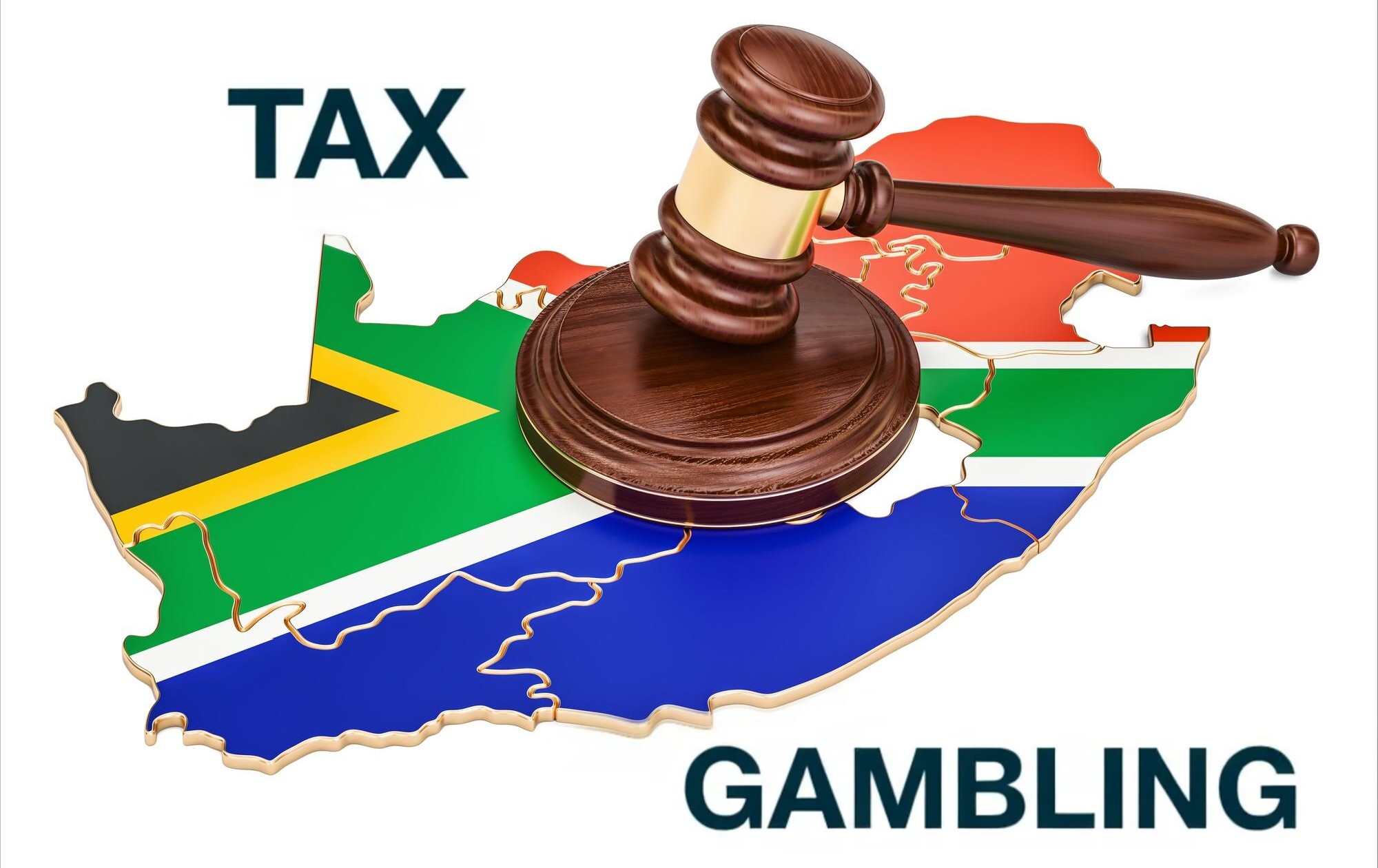Gambling is a popular pastime in South Africa, from the bright lights of casinos to the thrill of sports betting and lotteries. But if you’re lucky enough to win, you might be wondering: are South African players taxed on their gambling winnings? This question is important because knowing the tax implications can save you from headaches with SARS, the South African Revenue Service. So, let’s dive in and clear up how gambling winnings are treated by tax authorities in South Africa.
The Legal Landscape of Gambling in South Africa
Before discussing taxes, it’s essential to understand the legal framework governing gambling in South Africa. The country’s gambling industry is tightly regulated by the National Gambling Board and provincial authorities to ensure fair play and legal compliance. The legislation covers all forms of gambling including casinos, sports betting, horse racing, and the National Lottery. These regulations are designed not only to protect players and maintain industry integrity but also to establish the legal basis for how gambling activities — and subsequently winnings — are treated by authorities.
Licensing plays a critical role in this landscape. Only operators with valid licenses issued by provincial gambling boards or the National Gambling Board can legally offer gambling services. These strict regulations ensure that gambling is conducted responsibly and helps prevent illegal activities such as fraud and money laundering. This legal environment also influences tax policies, as government bodies rely on these rules to classify and monitor gambling winnings, which may be subject to taxation depending on the player’s status.
Gambling Winnings
Gambling winnings refer to any profit a player makes from betting or participating in gambling activities. These winnings can come in the form of cash prizes, jackpots, or even non-monetary rewards such as cars, holidays, or electronic gadgets. Whether you hit the jackpot at a casino, win a large sum in a lottery, or cash out a successful sports bet, all these gains fall under the category of gambling winnings. Understanding what constitutes a gambling winning is crucial when considering your tax obligations.
It’s important to recognize that winnings are not limited to just money. For example, a prize awarded during a casino tournament or a bonus trip given by a bookmaker counts as gambling winnings as well. This broad definition means that any form of reward obtained from gambling can potentially be scrutinized by tax authorities. Therefore, players should keep detailed records of their gambling activities to accurately assess whether any of their winnings are subject to tax.
Taxation on Gambling Winnings in South Africa
Here’s the crucial part: in South Africa, gambling winnings are generally not taxed if you’re a casual player. This means if you’re playing for fun, occasionally betting, and you win some money, you typically don’t have to pay tax on those winnings. The South African Revenue Service (SARS) currently does not consider casual gambling winnings as taxable income, treating these gains as windfalls rather than business revenue.
However, the tax exemption applies only to casual players who do not depend on gambling as a primary income source. SARS’s approach acknowledges that for the average player, gambling is a recreational activity, not a profession. Therefore, occasional wins remain untaxed. It’s essential, though, to understand your position because if you cross the line into professional gambling, your tax responsibilities will change significantly.
Casual Gamblers vs. Professional Gamblers
The distinction between casual gamblers and professional gamblers is key when it comes to taxation. Casual gamblers are individuals who gamble infrequently and do not rely on gambling as a means to earn a living. For these players, winnings are considered incidental and are not taxed. Essentially, if you play occasionally and treat gambling as entertainment, SARS does not require you to declare or pay taxes on your winnings.
On the other hand, professional gamblers treat gambling as a business or consistent source of income. This includes individuals who regularly place bets, analyze odds professionally, and depend on gambling profits for their livelihood. SARS requires professional gamblers to declare all gambling winnings as taxable income, just like salary or business income. Here’s a summary of the differences:
- Frequency of play: Casual gamblers play sporadically; professionals play regularly.
- Purpose: Casual gamblers play for fun; professionals play to earn.
- Tax obligations: Casual gamblers are exempt; professionals must declare and pay tax.
- Record keeping: Professionals must keep detailed records; casual gamblers typically don’t need to.
Reporting Gambling Winnings on Tax Returns
For most casual gamblers in South Africa, there is no legal obligation to report their gambling winnings to the South African Revenue Service (SARS). This exemption exists because the tax system treats casual gambling winnings as windfalls or chance events, not as regular income. Therefore, if you gamble occasionally and win, SARS does not expect you to declare these amounts on your tax returns. However, this leniency applies strictly to those who do not engage in gambling as a profession or business.
On the other hand, if you are a professional gambler or operate gambling as a business, the rules change drastically. You are required to declare all gambling winnings and losses on your tax returns. This means maintaining thorough and accurate records of all your gambling activities — including wins, losses, expenses related to gambling (such as travel, entry fees, and equipment), and any other relevant financial transactions. Keeping these records helps you calculate your net income or loss from gambling accurately, which SARS will tax accordingly.
| Gambling Status | Reporting Requirement | Record Keeping | Examples |
| Casual Gambler | No reporting needed for winnings | No strict record keeping required | Occasional lottery wins, small casino prizes |
| Professional Gambler | Must declare all winnings and losses | Detailed records of all gambling activities | Full-time poker player, sports betting as income |
| Gambling Business | Declare as business income | Comprehensive accounting required | Casino operators, betting agencies |
Tax Rates and Calculation
For those classified as professional gamblers, gambling winnings are taxed at South Africa’s standard income tax rates. Unlike some countries that apply special gambling tax rates, South Africa treats gambling income like any other source of business or personal income. This means your total taxable income, including gambling winnings, will be subject to progressive tax rates depending on your income bracket.
These tax rates can vary, generally ranging from 18% for lower income brackets up to 45% for the highest earners. Because professional gamblers often have fluctuating income levels, calculating tax can become complex. It is important to account for not just winnings but also deductible expenses related to gambling to determine net taxable income. The calculation typically looks like this:
Taxable Income = Total Gambling Winnings – Allowable Gambling Expenses
This ensures that only your net profit from gambling is taxed, not the gross amount won.
International Players and Taxation
What if you are a South African resident playing on international gambling platforms? The same principles apply. If you’re a casual player, your winnings from foreign sites are generally not taxable by SARS. However, if you gamble professionally or generate substantial income from gambling activities worldwide, you must declare your global gambling income on your South African tax return.
Cross-border gambling complicates tax matters due to currency conversions, differing foreign tax laws, and the difficulty of tracking overseas transactions. Nonetheless, SARS operates on a residence-based tax system, meaning residents are taxed on worldwide income regardless of where it is earned. This requires players to be diligent in record-keeping for international winnings and understanding any tax treaties or credits that might reduce double taxation risks.
Common Misconceptions About Gambling Tax
There are many myths surrounding gambling taxation in South Africa. One widespread misconception is that all gambling winnings are automatically taxed or, conversely, that gambling winnings are completely tax-free no matter the amount or frequency. The truth lies somewhere in between. Casual gamblers enjoy a tax exemption on winnings, but regular, professional gambling earnings are subject to income tax.
Another misunderstanding is that SARS actively pursues tax on every single win. In reality, SARS focuses on identifying individuals who treat gambling as a business or consistent income source. Casual players, who gamble occasionally, are typically not on the tax radar. This nuanced approach helps avoid overburdening recreational players while ensuring professional gamblers comply with tax laws. Clearing up these misconceptions helps players understand their responsibilities and avoid unintentional tax issues.



